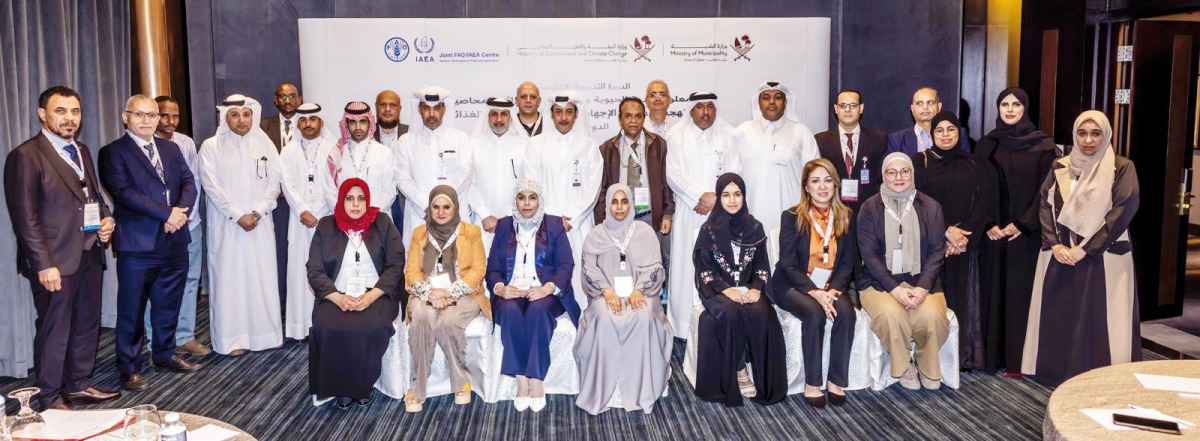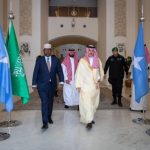The Ministry of Municipality in Doha, Qatar, is currently hosting a regional training course focused on “Bioinformatics and Genetic Improvement of Crops and Methodologies for Screening to Achieve Food Security.” This workshop, taking place from October 20 to 31, is a collaboration between the Ministry, the International Atomic Energy Agency (IAEA), and the Ministry of Environment and Climate Change. Participants from Qatar, Gulf states, Jordan, Lebanon, Syria, Iraq, and Yemen are attending the training, which covers various essential topics related to crop genetic improvement and agricultural sustainability.
Hamad Saket Al Shammari, the Director of the Agricultural Research Department at the Ministry of Municipality, highlighted the importance of utilizing peaceful atomic energy applications in agriculture to address global food needs and promote self-sufficiency in food production. He emphasized the role of mutation breeding and genetic engineering techniques in enhancing plant traits to better adapt to local environments, ultimately increasing productivity. Al Shammari also addressed specific agricultural challenges in the Arab region, such as water scarcity and harsh desert climates, and highlighted the potential of nuclear technology in developing drought-resistant and climate-resilient crop varieties to strengthen food security.
Al Shammari emphasized that the training course aligns with Qatar National Vision 2030, which aims to diversify income sources, achieve self-sufficiency, and ensure food security. He praised the IAEA for providing technical support and expertise to ongoing research projects, including the RAS5099 regional cooperation project focusing on improving crop species and agricultural technologies. The use of nuclear technologies in agriculture is seen as a way to support environmental sustainability goals by reducing pesticide use and optimizing water consumption, thereby protecting natural resources for future generations.
The main goal of the training course is to equip experts, researchers, and technicians in the Arab region with the necessary skills to utilize bioinformatics and crop genetic improvement techniques effectively. This would lead to significant advancements in the agricultural sector in line with the UN Sustainable Development Goals (SDGs). Abdulrahman Al AbdulJabbar, Assistant National Liaison Officer, echoed the importance of nuclear applications in agriculture, emphasizing their positive impact on agricultural productivity, crop quality, and environmental sustainability. This regional workshop represents a crucial step towards enhancing food security and agricultural sustainability in the Arab region through the implementation of advanced genetic enhancement techniques.











